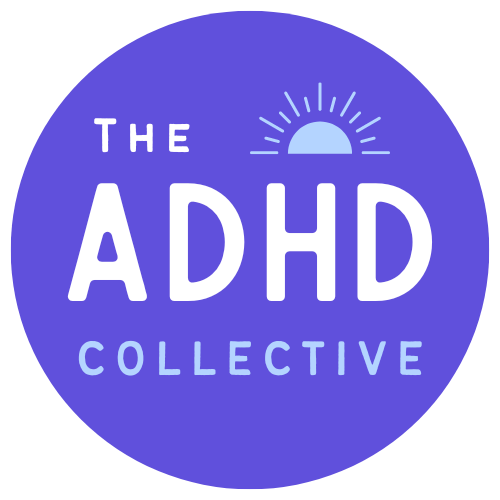Impostor Syndrome and ADHD
Feeling like an impostor/imposter?
Impostor syndrome isn't unique to those of us with ADHD. It's estimated that 70% of adults experience it at some point or another. But arguably there's many reasons why our ADHD means we very frequently feel like frauds, fakes, phonies. More so than our neurotypical peers.
The term was coined in 1978 by two US psychologists, Pauline Clance and Suzanne Imes. They described it as "a feeling of phoniness in people who believe that they are not intelligent, capable or creative despite evidence of high achievement.” While these people “are highly motivated to achieve,” they also “live in fear of being ‘found out’ or exposed as frauds.”
Does any of this resonate?
We often tell ourselves that we are flawed, flaky, lazy, disorganised. We may hide our struggles and mask, particularly in the workplace. With our negative self-talk, we believe successful people don't do this, and aren't like us. So when we do achieve something, we feel 'not enough', like we got 'lucky' or 'winged it'. 'Inadequate'. It doesn't help us here that we often do things last minute, even if they are brilliant.
Many of us live in constant fear of being 'found out' for the 'frauds' we may tell ourselves that we are.But WE CAN beat this ADHD monster down, and go into battle with the impostor syndrome inside us.
Webinar Recording
Webinar Q&A
Scroll through the presentation slides




























